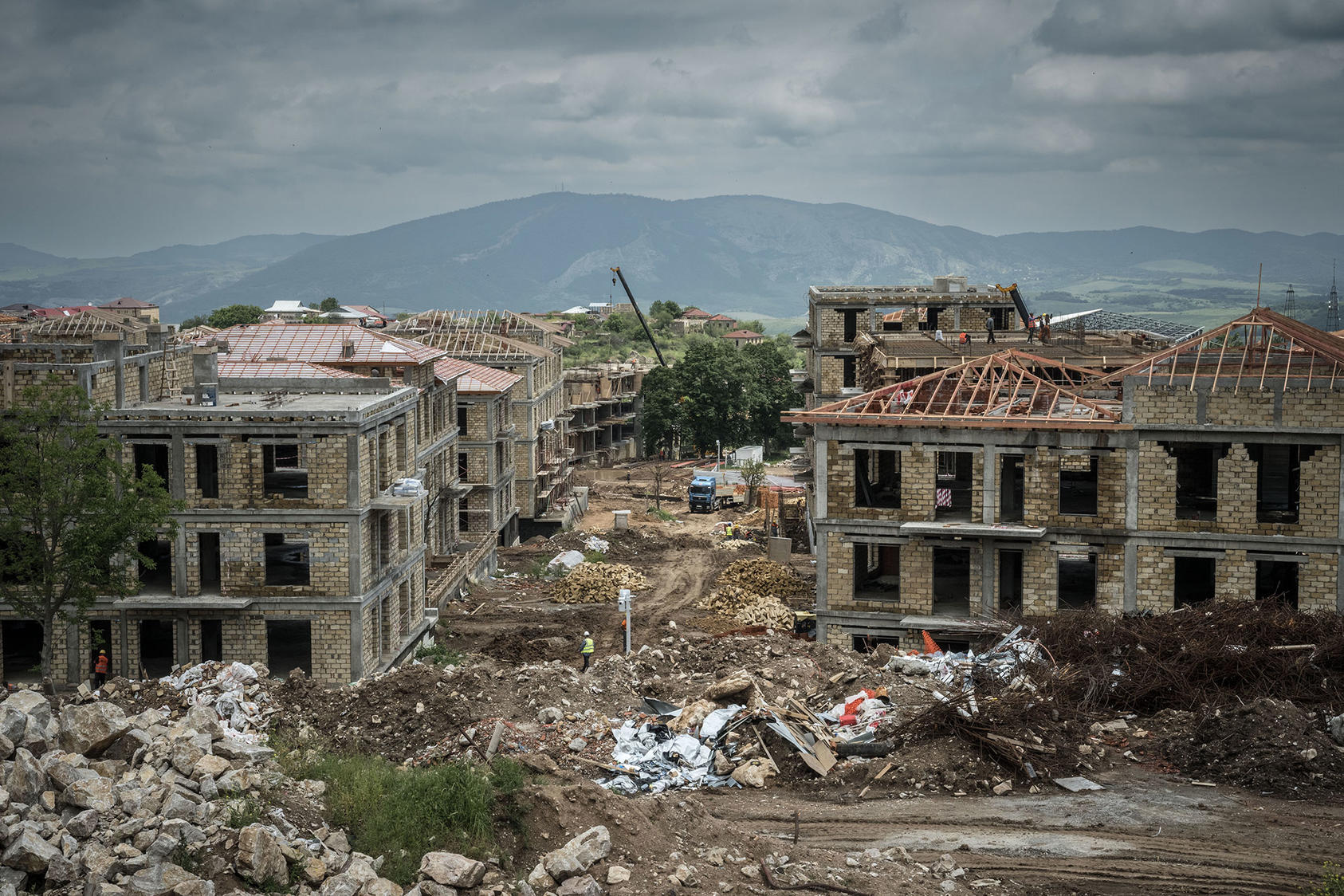
In the immediate post-Cold War era, peace agreements — both comprehensive and partial — allowed for a global trend toward reduced armed conflict. But starting in the late 2000’s, that trend began to reverse. Today, the United States and the world face an international system marked by great power competition, the destabilizing effects of the climate crisis, rising socioeconomic inequality, and political polarization. These factors all are associated with the underlying causal drivers of conflict and violence, potentially worsening the already devastating trend toward armed conflict with wide-reaching effects for humanitarian and stabilization efforts.
Peacemaking in a Turbulent World answers the following central question: What lessons for effective management of intrastate conflicts emerged from the post-Cold War period that are relevant for managing contemporary conflicts which include intrastate, internationalized (featuring direct engagement by outside powers), and interstate conflicts?
To address the overarching question of the series, the project draws on three workshops with expert academics, practitioners, and policymakers. The key lessons derived from these workshops will be synthesized and disseminated to policy audiences through policy briefs, blogs and a research report.
In particular, the three-part series addresses the following:
- Workshop One: Trends, Causes and Dynamics of Armed Conflict
This workshop examines questions around trans-nationalized conflict, power, great power competition, democracy and governance. - Workshop Two: Approaches to Conflict Prevention, Management and Settlement
This workshop examines processes like negotiation and mediation, stabilization, peace operations, and political settlements. - Workshop Three: Effective Institutions and Processes of Conflict Management
This workshop examines implications for U.S. foreign policy and for multilateral action with collective security organizations, regional organizations, and the United Nations.